A Fábrica de nada (The Nothing Factory)
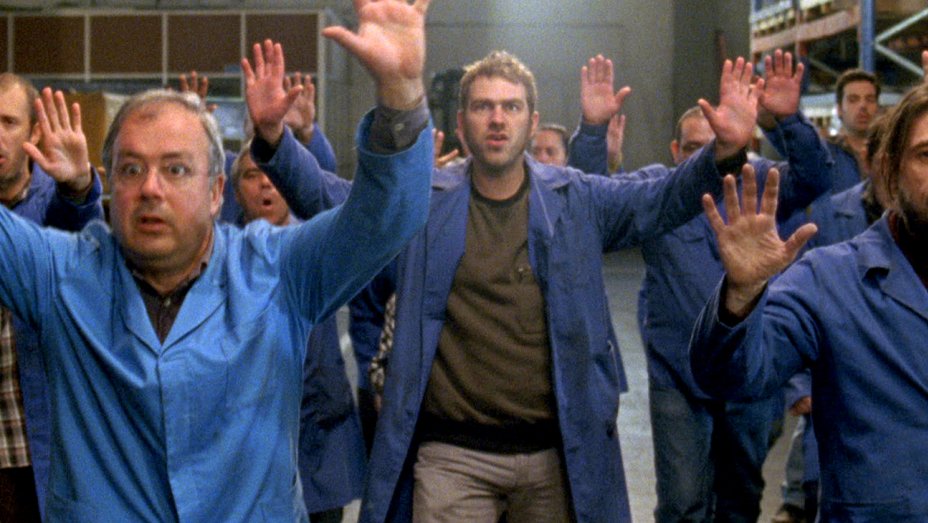
Shooting on grainy 16mm film, Portuguese documentary filmmaker Pedro Pinho took a chance when making his first movie feature, which has a running time nearing three hours. The opening sequence of The Nothing Factory (A Fábrica de nada) sets up the rural lift factory environment. The minimal lighting establishes a sluggish and precarious mood, with little action besides the workers’ battle with factory owners and cops. A classic proletariat versus the bourgeois tale. Too bad that it’s not until the last 50 minutes, at a punk concert and then later an impromptu singing/dancing sequence, that the pace really picks up. But one song and dance number does not a musical make.
The realism, camera angles and sound editing are without a doubt the film’s strengths. With rarely a rushed moment, the lift workers occupy their factory from early on, after they witness their machines being confiscated. The bosses’ slim excuses do little to alleviate their fear of layoffs. Even the sex scenes between Zé (José Smith Vargas) and his Brazilian girlfriend Carla (Carla Galvão) hold a great deal of realism. Darkly lit close ups and longer takes mixed with little movement produce a subtle quality that feels natural but not that sexual. Pinho’s choice to use many non-professional actors was a smart one. One particular scene where an old man and his grandson flay a small animal is shocking but not exploitative.
Two overhead angled shots are interesting in the way that the former introduces the wealthy owners visiting the factory and the latter shows four workers going into a city office building to visit the company, both groups being out of their element. Pinho’s bold choice to use reaction shots while others are speaking off-camera works surprisingly well. The shots are not even necessarily showing the people who are directly addressed, but often just others in the crowd. It’s not only the camera angles and sound editing and mixing that add to the naturalistic storytelling but also the camera’s slight movements.
That being said, The Nothing Factory is not a movie for everyone; it is at times slow and does not adhere to a strict narrative structure. It’s a special film that is enjoying a good run on the festival circuit. It even won one of the FIPRESCI prizes at Cannes 2017, which is not an easy feat.
Lindsay Bellinger
A Fábrica de nada (The Nothing Factory) is released in selected cinemas on 26th January 2018.
Watch the trailer for A Fábrica de nada (The Nothing Factory) here:

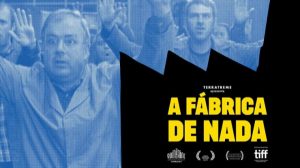
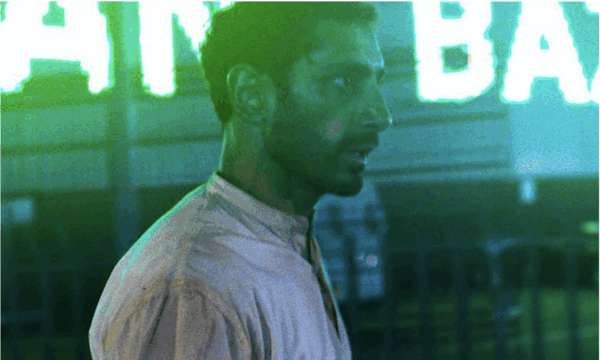


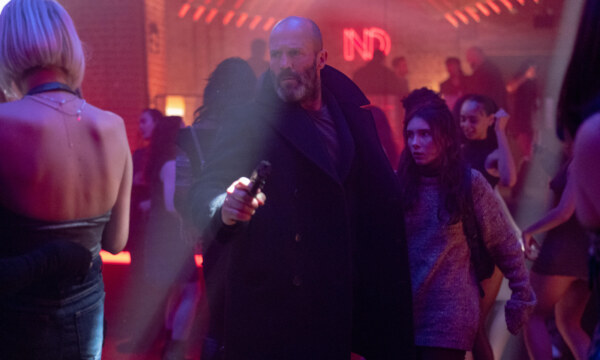

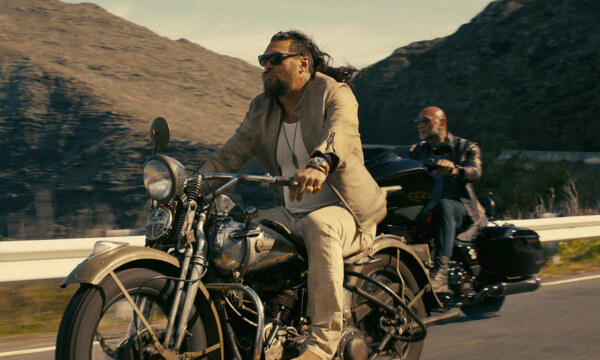

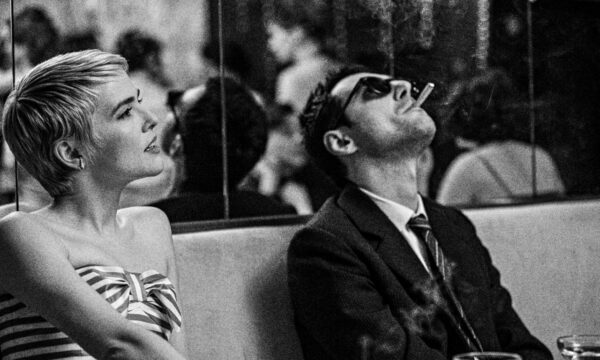
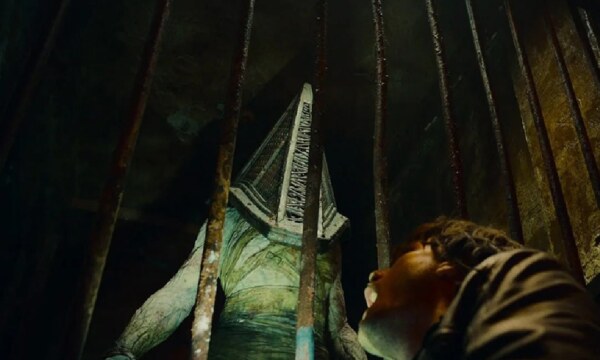















Facebook
Twitter
Instagram
YouTube
RSS